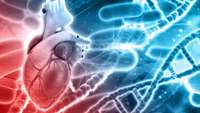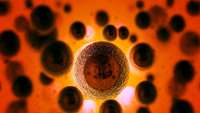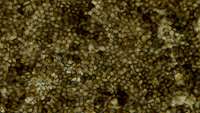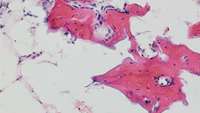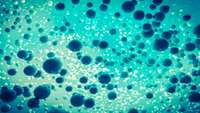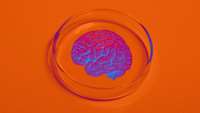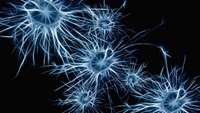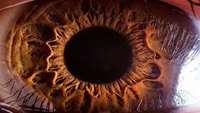Heart cells’ environment a potentially major factor in heart disease
When it comes to heart disease, the health of the scaffold where cardiac cells grow may be a much bigger factor than previously believed.
Researchers discover new disease
A new immunodeficiency disease caused by a novel genetic mutation has been identified by researchers at the University of Colorado Anschutz Medical Campus providing unique insights into cell biology.
Study reports faster method for producing induced pluripotent stem cells
A recent study published in Nature Chemical Biology has found a method its authors say improves on the Nobel prize-winning cellular reprogramming method developed by Shinya Yamanaka, M.D., Ph.D. — making it possible to produce cells in a considerably shorter time and with greater success.
Eye-in-a-dish model reveals genetic variants that may contribute to AMD
Age-related macular degeneration (AMD) is one of the most common causes of vision loss in people over age 65. The exact cause is unknown, but the fact that a family history of AMD increases a persons risk for the condition suggests genetics play an important role.
Researchers define cells used in bone repair
Research led by Johns Hopkins investigators has uncovered the roles of two types of cells found in the vessel walls of fat tissue and described how these cells may help speed bone repair.
Impaired Bone Regenerative Effect of Exosomes Derived from Bone Marrow Mesenchymal Stem Cells in Type 1 Diabetes
Stem cell‐derived exosomes have exhibited promise for applications in tissue regeneration. However, one major problem for stem cell‐derived exosome therapies is identifying appropriate source cells.
Brain waves detected in mini-brains grown in a dish
Scientists have created miniature brains from stem cells that developed functional neural networks. Despite being a million times smaller than human brains, these lab-grown brains are the first observed to produce brain waves that resemble those of preterm babies. The study, published August 29 in the journal Cell Stem Cell, could help scientists better understand human brain development.
New insight into motor neuron death mechanisms could be a step toward ALS treatment
Researchers at Oregon State University have made an important advance toward understanding why certain cells in the nervous system are prone to breaking down and dying, which is what happens in patients with ALS and other neurodegenerative disorders.
Stem Cell/Gel Combo Might Be the Answer in Treating Chemical Burns and Other Serious Eye Injuries
A new study released this week in STEM CELLS Translational Medicine (SCTM) offers hope for anyone who has suffered a serious corneal injury that did not respond well to conventional treatment.
3-D human epidermal equivalent created using math
Scientists have successfully constructed a three-dimensional human epidermis based on predictions made by their mathematical model of epidermal homeostasis, providing a new tool for basic research and drug development.


